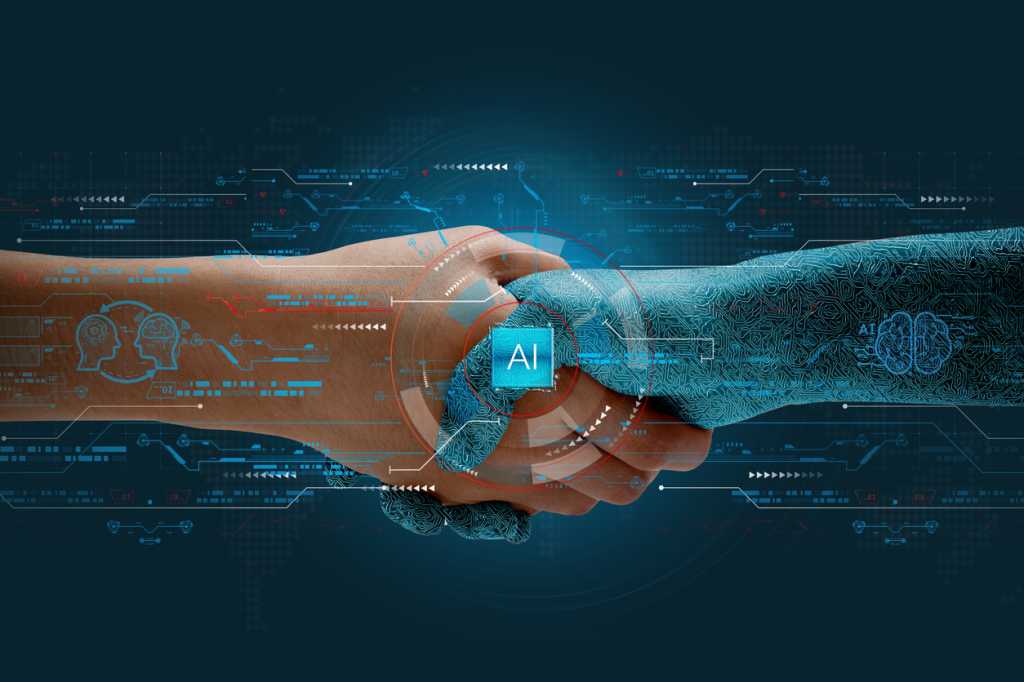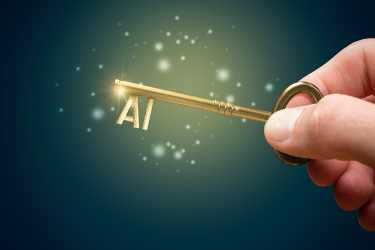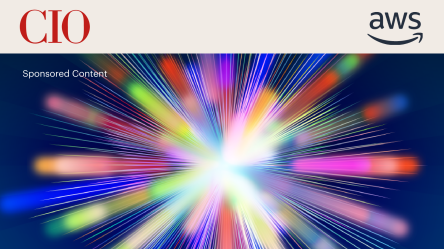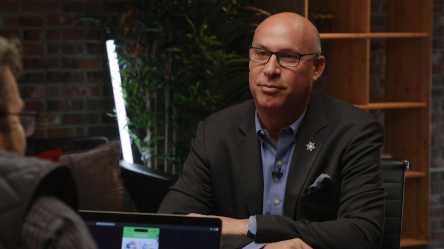As machines master our tasks, the real question is: Will we forget what makes us human — or fight to keep it alive?

We live in an era of unprecedented technological advancement, where artificial intelligence (AI) is rapidly reshaping the world around us. Machines are now capable of performing tasks that were once thought to be the exclusive domain of humans, from generating music and poetry to diagnosing diseases and driving cars. What’s more, with the rise of agentic AI, Gartner predicts that at least 15% of day-to-day work decisions will be made autonomously by 2028, a significant leap from virtually none in 2024. This revolution is transforming industries, redefining job roles and fundamentally altering the way we live, work and interact with each other.
Consider the ways AI is already improving our daily lives. In the workplace, AI is automating mundane tasks, allowing employees to focus on more strategic and meaningful work. It’s personalizing learning experiences, providing tailored recommendations and support to students of all ages. In healthcare, AI is helping doctors diagnose diseases earlier and more accurately, leading to better patient outcomes. And in our personal lives, AI is powering our homes, recommending entertainment and connecting us with loved ones across the globe.
This rapid evolution of AI presents us with both immense opportunities and profound challenges. While AI has the potential to solve some of the world’s most pressing problems, it also raises fundamental questions about our own humanity. As machines become increasingly intelligent, how do we preserve what makes us uniquely human? How do we ensure that AI serves humanity, and not a world where we are in service to AI systems?
The enduring essence of humanity
In an era defined by the rapid advancement of AI, machines are increasingly capable of tasks once considered uniquely human. Yet, global research from Workday indicates that certain human-centric skills remain paramount. Ethical decision-making, relationship building and empathy have been identified as the most valuable, both in our present reality and in the AI-driven future.
For example, while AI can facilitate communication and connect people across geographical boundaries, it cannot replace the authentic bonds formed through shared experiences, mutual trust and genuine understanding. Similarly, AI can analyze data and identify potential conflicts, but it lacks the interpersonal skills and emotional intelligence needed to mediate disputes and foster reconciliation effectively. As AI continues to evolve, these core human capabilities will not only endure but become even more critical in defining our roles and interactions.
The paradox of efficiency vs. experience
The rise of AI has brought with it an increased focus on efficiency and optimization. While these are undoubtedly valuable benefits, we must be careful not to lose sight of the richness and depth of the human experience in our pursuit of productivity.
Consider the ubiquitous GPS. While this marvel of AI efficiently guides us to our destinations, sometimes the most rewarding experiences come from deviating from the most direct route. Imagine wandering through a new city on a day off. Using GPS might get us to our intended destination quickly, but we might miss the serendipitous discovery of a hidden gem down a charming side street.
Or consider choosing a restaurant based solely on top online reviews, potentially overlooking a unique and delightful local spot we might have stumbled upon otherwise. By focusing solely on the efficiencies gleaned from AI, we risk missing out on the beauty and complexity of the human experience.
Cultivating creativity in the age of automation
AI cannot replace the intrinsic joy of human creativity. It cannot replicate the spark of inspiration, the struggle to articulate a complex thought or the pride of bringing something entirely new and original into the world through one’s own efforts.
In education, AI tools can assist students with writing essays and generating ideas. But can they truly capture the thrill of crafting a powerful sentence, the satisfaction of expressing oneself in a unique and meaningful way? This thrill of discovery is a phenomenon that I have the privilege of witnessing in my classes each year. The joy from creation is deeply human. It’s about exploring new ideas, taking risks and discovering our own perspectives.
The irreplaceable power of human connection
AI offers remarkable capabilities in facilitating communication, but it cannot replicate the profound depth and intricate complexity of genuine human relationships. The subtle nuances of body language, the unspoken cues that reveal a person’s true character and the shared sense of humanity that binds us together remain beyond its grasp.
This becomes particularly apparent when considering the dynamics of performance reviews and workplace relationships. Although AI can analyze performance data, identify trends and even suggest improvements based on metrics, it cannot capture the essence of a manager-employee relationship built on trust and mutual understanding, nor can it replicate the empathy required to navigate the delicate interpersonal situations that arise within teams. The shared moments of collaboration, the informal mentorship that fosters growth and the trust built through consistent interactions form the bedrock of strong human relationships over time. These are the vital human elements that we must consciously strive to preserve as AI becomes increasingly integrated into our world.
Embracing what makes us uniquely human
As we navigate this era of AI, we must remember that technology is a tool, not a replacement for humanity. By embracing our capacity for creativity, connection and empathy, we can ensure that AI serves to enhance our humanity, not diminish it.
This means accepting that preserving our humanness sometimes requires assistance. It means investing in education and training that fosters critical thinking, problem-solving and emotional intelligence. It means creating workplaces that value human connection and collaboration, where employees feel supported and empowered to bring their whole selves to work. And it means fostering a culture that celebrates creativity, innovation and the pursuit of knowledge.
At a time when seven out of every ten companies are already using AI in at least one business function, let us embrace the challenge of this new era with both optimism and intentionality. Let us use AI to build a better future for ourselves and for generations to come – a future where technology serves humanity, and where every individual has the opportunity to thrive.
This is not just a vision for the future of AI; it’s a vision for the future of humanity. And it’s a vision that we can all help to make our reality, together.
This article is published as part of the Foundry Expert Contributor Network.
Want to join?










